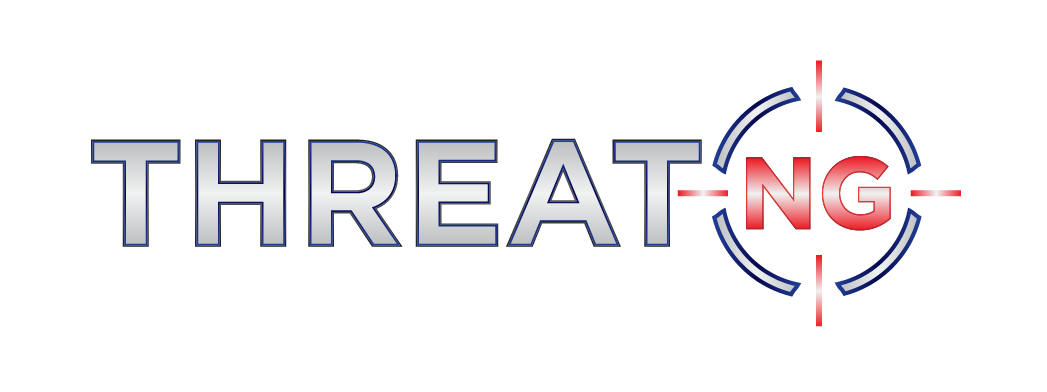Ransomware Recovery Assistance
Ransomware Recovery Assistance refers to the specialized services and support provided to organizations that have fallen victim to a ransomware attack. It aims to help them recover their data, restore their systems, and resume normal operations as quickly and efficiently as possible.
Key Aspects of Ransomware Recovery Assistance:
Incident Response: Provide immediate assistance with containing the attack, identifying the affected systems, and preventing the further spread of the ransomware.
Data Recovery: Expert support in recovering encrypted data from backups or through other means, such as negotiation with attackers (if deemed necessary and legal) or using decryption tools.
System Restoration: Help restore systems and applications to their pre-attack state, including reinstalling operating systems, configuring applications, and restoring data from backups.
Cybersecurity Assessment: Conduct a thorough assessment of the organization's security posture to identify vulnerabilities that led to the attack and recommend improvements to prevent future incidents.
Legal and Regulatory Guidance: Guiding on legal and regulatory obligations related to data breaches and ransomware attacks.
Negotiation Support: Assistance with negotiating with attackers to secure the release of encrypted data.
Public Relations Support: Help with managing public relations and communications in the aftermath of a ransomware attack.
Benefits of Ransomware Recovery Assistance:
Minimized Downtime: Reduces the time it takes to recover from a ransomware attack and resume normal operations.
Reduced Data Loss: Increases the chances of recovering encrypted data and minimizing data loss.
Expert Support: Provides access to specialized expertise and resources to navigate the complex recovery process.
Improved Security Posture: Helps organizations identify and address security weaknesses to prevent future attacks.
Reduced Stress and Burden: Alleviates the burden on internal IT teams and allows them to focus on core business operations.
How ThreatNG Helps:
While ThreatNG primarily focuses on proactive ransomware mitigation, it can also assist in the recovery process in several ways:
Identifying Affected Assets: ThreatNG's discovery and assessment capabilities can help determine the systems and data a ransomware attack affects.
Analyzing the Attack: ThreatNG's investigation modules can help analyze the attack, identify the ransomware strain, and gather evidence for potential legal action.
Threat Intelligence: ThreatNG's intelligence repositories can provide information on the attackers, their TTPs, and potential decryption tools.
Ransomware Susceptibility Reports: ThreatNG's reports can help identify vulnerabilities that led to the attack and guide remediation efforts.
Working with Complementary Solutions:
ThreatNG can integrate with other security solutions to enhance ransomware recovery assistance:
Data Backup and Recovery Solutions: Integrate with backup and disaster recovery solutions to streamline data restoration.
Incident Response Platforms: Integrate with incident response platforms to coordinate recovery efforts and manage communication.
Cybersecurity Insurance Providers: Collaborate with cybersecurity insurance providers to facilitate claims and recovery processes.
Examples:
Data Recovery: ThreatNG helps identify the affected systems and data, and its threat intelligence provides information on potential decryption tools or recovery services.
System Restoration: ThreatNG's technology stack identification can help prioritize restoration efforts and ensure critical systems are restored first.
Cybersecurity Assessment: ThreatNG's vulnerability assessment capabilities can help identify weaknesses that led to the attack and guide remediation efforts.
By leveraging ThreatNG's capabilities and working with complementary solutions, organizations can access comprehensive ransomware recovery assistance to minimize downtime, reduce data loss, and improve their security posture for the future.

